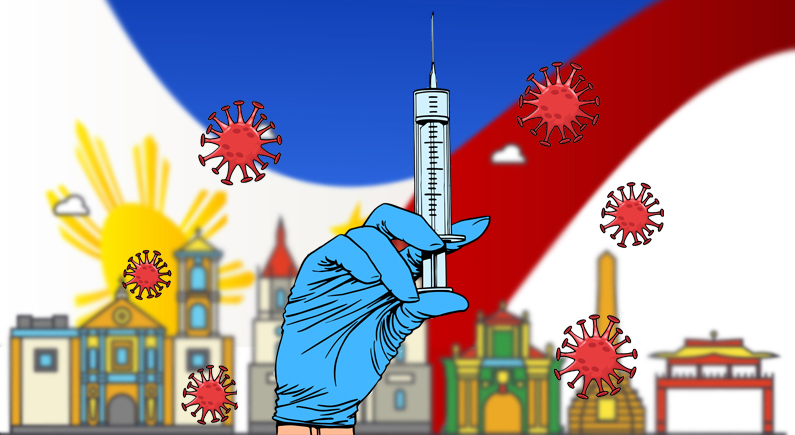
Impact of Covid-19 on clinical trials
COVID-19 has effected all the people of low, middle and high income families including all the races, genders and age. It messed up human lives and impacted hugely on health facilities including clinical trials. Due to the rise in COVID surge, all the focus of the health care system was on finding effective therapeutics and vaccines against COVID while other trials already in the pipeline came to a halt or totally disrupted. Prior to COVID-19 there were many trials on the list to be completed and with the addition of new COVID related trials, the number of studies to be initiated also got added to list of pending trials. The good thing is that the number of trials are growing very fast in India , but challenges to initiate and complete these trials has also increased.
Hindrances faced by clinical trials
COVID-19 has significantly disrupted clinical trials and has resulted in a long pipeline of the trials to be conducted or yet to complete. These include:
- Delay in the initiation of planned trials.
- Temporary suspension of patient recruitment.
- Delay in ethics committee meetings.
- Overall slow recruitment in ongoing trials.
- Extension of the trial duration.
- Overstressed hospitals and resource systems.
- Change of physical visits into virtual visits.
- Prioritizing new test applications to only those that treat diagnose or prevent COVID-19.
- Recruited patients having to leave the clinical trial for any reason.
- Inability of the vendors and contractors to deliver drugs to sites.
- Risk of compromised data if new procedures are diverging from the original one.
Initially maximum trials were disturbed due to the temporary suspension of the recruitment but later the suspended trials were seen to recruit participants as an impact of pandemic decreased during mid-2020. However, trial initiation and recruitments are still at slower pace then the expectations. Hematological disorders and gastrointestinal related trials have faced the highest disturbance due to the COVID-19 relative to the overall recruiting and planned trials followed by oncology and the CNS (central nervous system) diseases trials. The least affected trials were of the infectious disease as due to COVID this area continues to have many trials for vaccines and therapies.
Concerns related to clinical trials due to COVID-19
GlobalData’s extensive surveys showed turbulence in the clinical trial studies and were the concern of the primary business followed by the concern regarding recruited patient’s safety and employees involved in the trial. The concerns got driven by the requirements of social distancing and shortage of the personal protective equipments in the whole world during the initial days.
Among the clinical trial concerns, the inability to start trials or delay in the start was the highest concern, followed by the impact on participants which could be because of impacts on trial sites or the inability of the investigator to enroll participants. The third most crucial concern was the safety of the patients which could be due to perceiving risk of virus spread at trial sites.
Effects of COVID-19 mitigation strategies on clinical trials
Strategies like lockdowns and social distancing resulted into mobility restrictions and stay at home orders. These are very helpful in mitigating the spread of COVID-19 but on the other hand were creating major obstacles for clinical trials. Lockdowns were driven mainly because of the safety concerns of the patients and there was increased concern especially in high risk indications for COVID-19 or indications where patients due to some difficulties were not able to travel.
COVID accelerated Remote technologies in clinical trials
The unprecedented COVID-19 situation has changed the everyday lives of the people and the way clinical trials were conducted. As conventional ways were not possible to perform, innovative technologies accelerated to support the trials to bring safe and effective therapies in the market.
COVID-19 has flourished the idea of remote technologies in clinical trials which now is perceived as a “Silver Lining” to COVID-19. These include telehealth, e-consent, remote data capture and remote randomization. The virtual platforms allow the clinical trials to be conducted remotely which are easy to handle and are very useful in carrying out and monitoring patients without having the fear of spread of COVID or other infections. It also provides greater flexibility to the investigators and may continue to persist past COVID according to the convenience of the patients.
We hope you like our blog “Impact of Covid-19 on clinical trials” to read more blogs on related topics click here. To get the latest updates and news make sure to follow and subscribe to us on Youtube, Instagram, and Facebook


